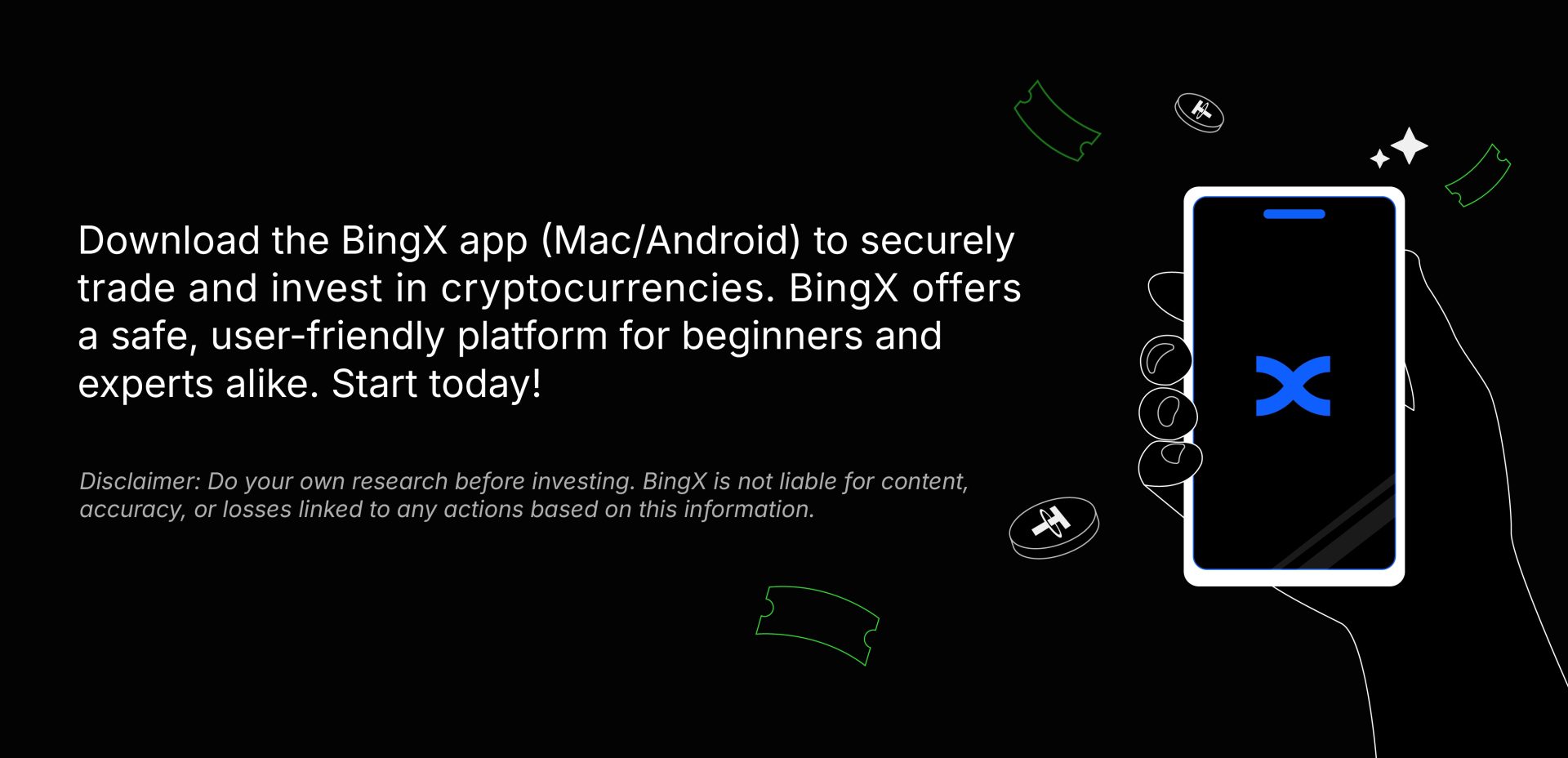If you’ve been stacking crypto for years, you might have wondered: could it actually help you buy a house someday? That idea just got a little closer to reality. The U.S. Federal Housing Finance Agency (FHFA) has officially asked Fannie Mae and Freddie Mac – two of the biggest names in U.S. Mortgage lending – to explore whether crypto assets like Bitcoin and Ethereum could count as reserves in mortgage applications.
This doesn’t necessarily mean you can take a mortgage with Bitcoin alone – at least not quite yet. The reason this piece of news is making waves is that it signals a serious shift in the way traditional finance institutions view digital assets.
Here’s what’s changing – and what it could mean for crypto holders.
What Did the FHFA Say?
In a June directive, the FHFA asked mortgage giants Fannie Mae and Freddie Mac to look into how crypto might factor into underwriting guidelines. Specifically, they’re evaluating whether crypto can be treated like savings or cash equivalents in a borrower’s financial profile – most importantly, without the need to liquidate it first.
That’s a big deal. As of now, few lenders would consider your crypto unless you first sold it, and moved it to your bank account in fiat. But, this directive shows a continued interest in allowing “seasoned” crypto (assets you’ve held for a while) to count towards your reserves. Put simply: your coins could help you qualify for a mortgage – all you need to do is hold them.
Why This Matters for Crypto Users
This move is less about changing how mortgages are paid, and more about how wealth is recognized. Crypto holders have long argued that their digital assets should be viewed like any other form of capital. With the FHFA now exploring that possibility, mainstream institutions may finally catch up.
For investors, this could mean:
-
More flexible loan approvals if you’ve got long-term, solid crypto holdings
-
No need to sell assets during market dips just to meet reserve requirements
-
Better financial outcomes if crypto prices rise during the loan process
This directive is also a nod to the fact that crypto is no longer fringe – it’s becoming part of the conversation, even in conservative industries like housing finance.
Not So Fast: Volatility Still Matters
While the direction is promising, there are still hurdles. One of the main concerns for lenders is valuation volatility. Unlike cash in the bank, crypto can swing wildly in price, over significantly shorter periods of time than fiat might typically fluctuate. For the purposes of underwriting, this makes it much riskier.
There’s also the question of custody and documentation. Lenders will likely want to see crypto stores in reputable wallets or custodial platforms, with clear proof of ownership and history. Self-custody might add complexity to the process unless standardized guidelines emerge.
What Should You Do Now?
If you’re thinking about applying for a mortgage in the future and holding crypto is part of your strategy, here’s how to stay ahead of the curve:
- Track your holdings: Make sure to keep track of the market value and performance of your holdings
- Document everything: Keep detailed records of transactions, custody, and wallet ownership
- Stay updated: Regulatory changes could happen fast – especially as findings are published
The Bottom Line
Crypto isn’t just for trading anymore – it’s becoming part of traders’ real-world financial identity. While you might not yet be able to walk into a bank and put your Bitcoin down as a down payment, the fact that Fannie Mae and Freddie Mac are exploring it might mean we’re heading in that direction.
As with fiat, it’s not just a matter of whether or not you can buy a house with crypto, but instead, can your crypto help prove you’re ready to own one?
That’s a meaningful shift in the way we look at cryptocurrency and digital assets.
Whether you’re holding long-term or actively trading, it might be time to think about your crypto portfolio as more than just digital wealth, as it could one day help open the door to your next home.
